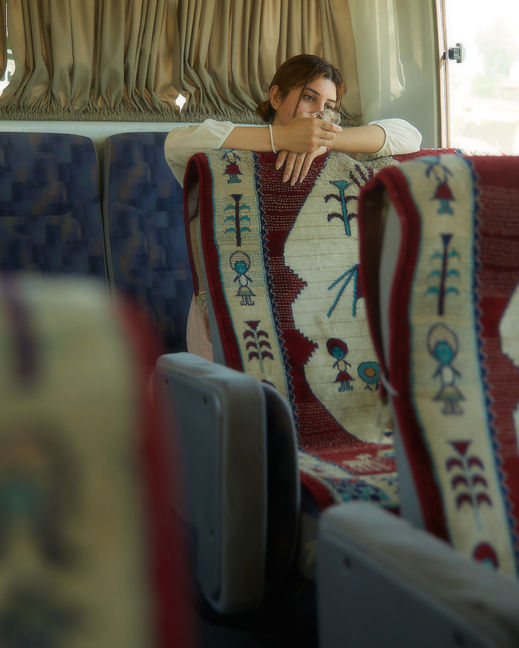This body of photographic work by Aidan O’Neill documents the continued displacement and current realities of the Yezidi people, a community still living with the aftermath of the 2014 genocide. The work is grounded in the ethical framework of the Survivor Photo Guide, which places survivor agency, consent, and cultural respect at the centre of all photographic practice.
Rather than a unilateral act of representation, these photographs emerge from a participatory methodology developed in collaboration with the Free Yezidi Foundation in Khanke, Iraq. Survivors are not only subjects of images but active co-authors in how they are created, selected, and shared. Workshops, group discussions, and collective editing sessions ensure that participants retain meaningful control over their visual narratives. This iterative process acknowledges that representation is never neutral: every photograph carries ethical responsibilities and long-term consequences for those pictured.
Several principles guide this approach:
-
Agency and Consent – Survivors decide if and how they wish to be photographed, with the right to pause, withdraw, or reshape their participation at any time.
-
Safety and Care – Emotional and physical wellbeing are prioritized during both the image-making process and in decisions around public sharing.
-
Cultural Respect – Photographs honour Yezidi traditions, beliefs, and collective memory without resorting to stereotypes or exploitative tropes.
-
Shared Authorship – Images are reviewed, discussed, and re-edited collectively, ensuring participants’ perspectives remain central.
The resulting photographs are not mere records of displacement. They are layered testimonies shaped through dialogue, trust, and respect. By resisting the extractive tendencies of much humanitarian and journalistic imagery, this work seeks to build a more ethical and survivor-centred practice of visual storytelling. It asks viewers not simply to look, but to listen—to witness both the fragility and resilience of lives lived in the long shadow of violence, and to recognize the Yezidi community’s enduring struggle for justice, safety, and home.
This is an ongoing, long-term project. While every effort is made to uphold the principles of the Survivor Photo Guide and to act with care, respect, and responsibility, the work remains fallible. Ethical practice is a continual process, not a fixed outcome. Should any aspect of this project appear misaligned with these values, we invite you to reach out so that concerns may be addressed openly and with accountability.
























